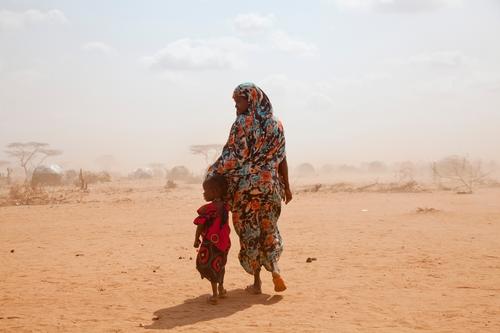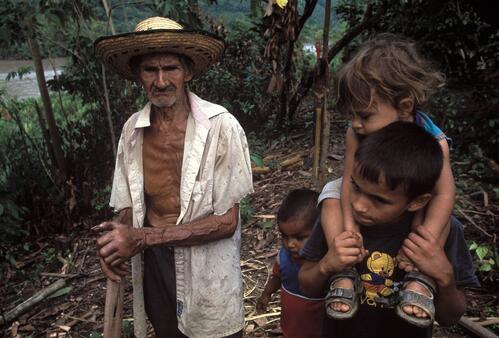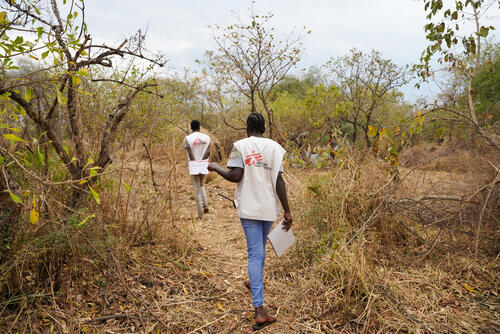Discover all our latest news, stories and publications. Use the filter to get to the content you're looking for.

As the number of infected people reaches 20,000, response to Angola cholera epidemic remains insufficient

Access to health care - Colombia's cycle of violence

World Intellectual Property Day: Governments should ignore the conclusions of WHO report on intellectual property and public health at their own risk

Research Unit on Humanitarian Stakes and Practices (UREPH)

CNN: The End of AIDS-A Global Summit with President Clinton

International Photo Exhibition

Just the sound of a car makes people fear for their lives - violence in Central African Republic

Niger malnutrition: Thousands of children already treated

Around the clock surgery in N'djamena's main hospital

Palestinian Territories : MSF refuses to be a 'social palliative' of EU & US policies

Cholera in Angola: With almost 500 new cases every day, MSF urges Government to take much stronger action

'Ketudi Byakudya' - We don't have enough food

Living in fear: Colombia's cycle of violence

Declining nutritional conditions caused by drought brings reinforcement of MSF teams in Dinsor

Lesotho's painfully slow fight to treat HIV

In southern Sudan, this tree is the only hospital for miles

MSF launches new health care project in Galgaduud

Two decades of conflict take toll on northern Uganda

Patent application for AIDS drug opposed for first time in India

Food, Nutrition and Mortality Situation of IDPs in Dubie, Katanga

DRC measles vaccination campaign ends - numbers fall but coverage is complete

Emergency obstetrical care in Haiti, where maternal mortality is highest in western world

Those too ill to walk or too poor to be carried, in time, simply die

The terrible burden of MDR-TB in Abkhazia

How we deliver medical humanitarian assistance
Everywhere we work, the circumstances are unique. Nonetheless, our programmes generally follow a common set of practices designed to make sure our resources and expertise are used to maximum effect.




